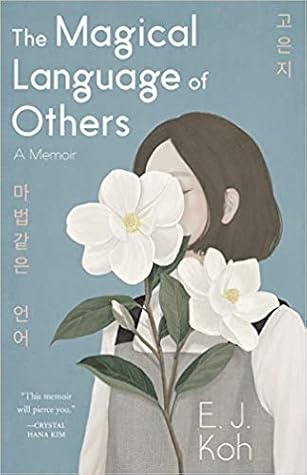More on this book
Community
Kindle Notes & Highlights
“Some believe that if we’re not smart like your mother and brother, we can’t accomplish things. But we can if we are: one, funny, and two, humble.”
The house itself sat on a tilted stoop where it heaved forth a long-drawn-out sigh.
Children have no concept that every moment comes to end, but rather feel as though their suffering, at present, will last for an eternity.
“Listen to you,” she said, sharply. “Koreans don’t say ‘who cares’ to their mothers. One day, you’ll have a daughter who treats you like you treat me.”
She watched people swerve along narrow sidewalks; men and women pulling their shadows in the dance of the city. To all their footsteps, she added her own.
The trouble with hiding is that either you are found before you are killed, or you are killed before you are found—death hides you forever.
I heard my grandmother and my great-grandfather urging me to try—and how much harder one must try when learning to love. She never asked me to speak but to understand, rather than endure to forgive, and never to sacrifice, only to let go.
“Forgiveness doesn’t need a reason. It doesn’t follow a logical thought, so it frees you from having to be reasonable.”
“You know my grandmothers,” I said, and pointed at my nose, a habit I had picked up when I lived in Japan. “I’m an accumulation of their lives. Whatever I say or do now can give relief to the past—and to them. I don’t believe they’re ever gone.”
“My parents didn’t give me happiness,” I said. “But they set me free. They gave me freedom.”
I had assured him it would be a generative workshop. But I did not know yet how best to guide the workshop so that students could write new poems waiting to be written by only them.


